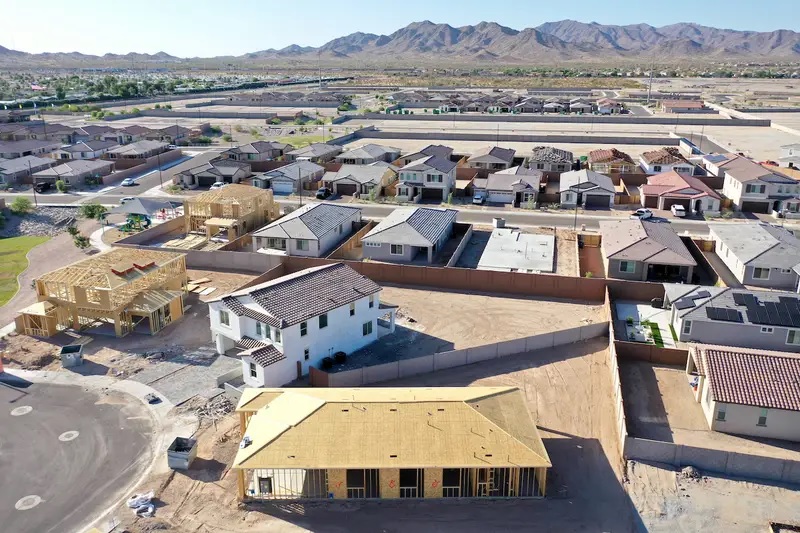
Kamala Harris’s promise to build 3 million homes faces skepticism
Vice President Kamala Harris has pledged to address the U.S. housing shortage by constructing 3 million new homes by the end of her first term. This commitment was made during her acceptance speech at the Democratic National Convention. Harris highlighted the challenges many face in affording housing, citing rising real estate prices and record rental costs exacerbated by inflation.
While Harris’s intention to tackle housing affordability is recognized, concerns arise regarding the feasibility of her promise. A significant barrier to construction is the National Environmental Policy Act (NEPA), which has historically allowed environmental activists to halt federally related building projects. Harris did not indicate any plans to amend NEPA, which critics argue is a crucial step in facilitating new housing development.
Additionally, Harris proposed a $40 billion fund to incentivize local governments to reform zoning laws for residential neighborhoods. However, concerns persist that this approach may not lead to the desired increase in housing supply. Past attempts at zoning reform in cities like Seattle have resulted in decreased construction activity, according to recent studies.
As the election approaches, the effectiveness of Harris's proposed solutions to the housing crisis remains uncertain, leading to skepticism about the likelihood of meeting her ambitious goals.
Stichworte







